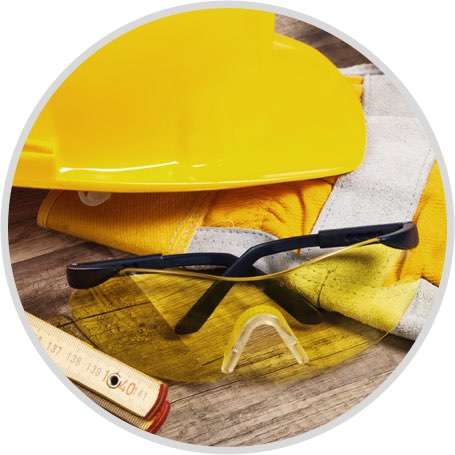Safety Glasses Testing
Expert quality testing to make sure your safety glasses stand up to any punishment in the field
- Home
- Services
- Eyewear Testing Product Types
- Safety Glasses Testing
Expert quality testing to make sure your safety glasses stand up to any punishment in the field

PEL conducts comprehensive safety glasses testing to ensure the highest quality and compliance with global standards. PEL’s experts understand that the quality of safety glasses can never be compromised. Our safety glasses testing focuses on their ability to resist UV rays, infrared rays, and electromagnetic wave radiation; as well as dust, soot, metals, gravel debris, and also sputtering damage of chemical solutions and other hazardous liquids.
We routinely test the many types of safety glasses, including:

According to PPE directives, safety glasses are classified as a category I product in the personal safety directive. All safety glasses should comply with the standards and requirements of the directive, or they will not be permitted to be sold in the EU market.
Meanwhile, many countries and regions worldwide have also developed safety and performance standards for safety spectacles, such as:
Precision Eyewear Laboratory (PEL) offer full set of solutions for safety glasses testing, ensuring your products meet global standards and regulations. Our expert safety glasses consulation services help you understand the product standards and gain a competitive advantage in the international market. This makes your products profitable for both export and domestic sales.
We offer the following tests that ensure safety glasses’ quality and compliance:
At PEL, our commitment to comprehensive safety glasses testing and inspection ensures that your products are of the highest quality and are compliant. Trust PEL to safeguard the integrity of your safety glasses and keep your customers protected.
Unit 401, Block A and Unit 401, Block B, 68 Xiaokang Road,
Dakang Community, Yuanshan Street,
Longgang District, Shenzhen, P.c. 518115
Phone: +86 0755 84264042